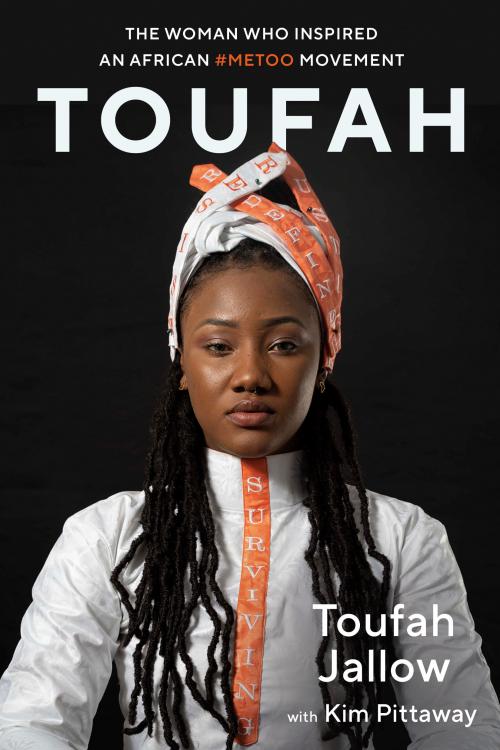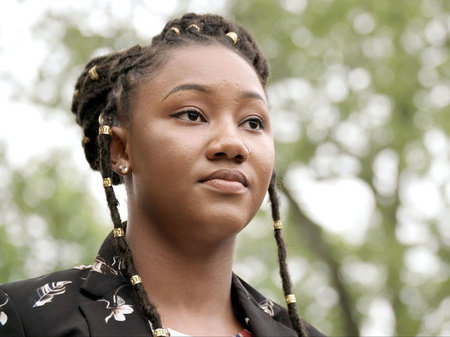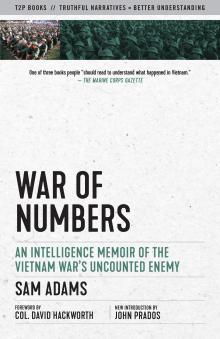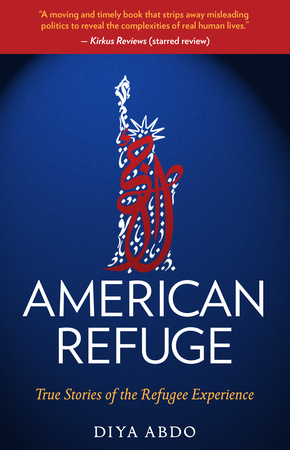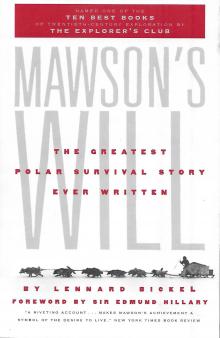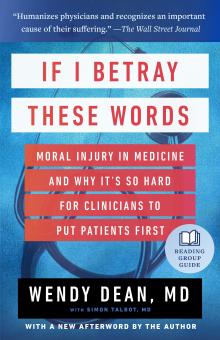Excerpt
Prologue
Allegedly
It is December 2020. I sit in front of a computer screen with my friend and colleague Marion Volkmann-Brandau, watching the rough edit of a short documentary we are producing together. Over the course of twenty-five minutes, clips of me competing in a 2014 Gambian scholarship pageant are intercut with images of the man who ruled my country for more than two decades, an all-powerful dictator whose death squad murdered and tortured at his command. Clips of powerful men from other countries appear as well: Harvey Weinstein, who used his position in the film industry to intimidate women into having sex with him. Jeffrey Epstein, who trafficked teenaged girls and young women. Mexican drug lord El Chapo, who declared that young girls were his vitamins because raping them gave him life.Should I add “allegedly”?
It has been six years since I was declared the winner of a national pageant sponsored by my country’s president,
promised a scholarship to study anywhere in the world as my prize. Instead, President Yahya Jammeh raped me. I became a victim in The Gambia, was a fugitive in Senegal and then a refugee in Canada. At nineteen, I started my life over, a survivor of rape, separated from my family, afraid I would never see them again, worried they would suffer if I told anyone what had happened to me.
Should I add “allegedly”?
As I rebuilt my life seven thousand kilometres away from the country I’d grown up in, I struggled. With depression. With my secret. With loneliness. And then the dictator whose crimes had forced me to flee was deposed and driven out of The Gambia himself. I was able to return, to reunite with my family and, eventually, to tell my story, first to human rights investigators, then to international media like the New York Times, the Guardian, the BBC and CBC, and my country’s Truth, Reconciliation and Reparations Commission (TRRC).
But people kept telling me I should always say “allegedly.”
The strange thing is people and institutions aren’t nearly as adamant that “allegedly” be attached as a qualifier when they speak of murders ordered by Jammeh, when they talk of torture carried out at his instruction, when they detail financial crimes committed as he drained the country’s coffers. No one attaches “allegedly” even to his claims of curing cancer with herbal treatments.
This insistence on using “allegedly” when it comes to rape can’t be explained away as simply protecting the rights of those not convicted, because the word isn’t just attached to the person named as perpetrator; it is attached to the crime
itself. “He allegedly raped her” morphs into “she was allegedly raped.” And it isn’t something that happens only in The Gambia, only with Jammeh. As I watch the news in my small apartment in Toronto, I notice the same tendency in reports about other crimes in Canada and abroad: when men say they were beaten or assaulted, the word “allegedly” is rarely inserted. When someone says they’ve been robbed, “allegedly” almost never appears. But when a woman says she was raped, her assertion is often framed as “she claimed she was raped” or “she was allegedly raped.” Whether in The Gambia or Canada or the United States or the United Kingdom, when women say they were raped, the men they accuse are given the benefit of the doubt. The women? They are simply doubted.
When my country’s Truth Commission set out to tabulate Jammeh’s crimes, they continued this cross-cultural tradition. In October 2019, they published a list of themes for an upcoming round of hearings and only attached the word “alleged” to sexual violence: not to torture or to killings, not to arrests or to witch hunts. When it came to witness testimony, the names of those accused of other crimes were broadcast and published, but with the exception of Jammeh himself, witnesses were instructed to refer to the rapist by a number that corresponded to a secret list of names, doubt’s benefit keeping rapists anonymous while torturers and murderers were named.
Some rape victims remained anonymous too, giving evidence under pseudonyms. A few testified under their own names but asked that their faces not be shown. I understood
their reasons. In The Gambia, as in many parts of Africa and in Western countries too, to say you have been raped places you at risk of stigma and further harm. One of the victims testifying before the TRRC had been raped as a teenager, then forced into an arranged marriage afterwards to save her family’s honour. Her rapist wasn’t punished, but she was. After I was raped, I didn’t tell my own mother until months after it happened. I thought it would be a secret that would die with me. Instead, it became a secret that almost killed my spirit, almost killed me. But now I want people to see me, to know my name, to see someone who has been raped stand proud, be strong. Survivors are strong, even those who remain hidden. They have to be strong, to still be here with us, to move on. I want girls like I used to be—girls who do not know what rape is, who do not even have the words to describe it—to see that you can survive this journey through the unknown. To see a visible survivor. To see I have survived. And to find strength in that knowledge.
And I want rapists to carry the shame so often placed on their victims instead.
In the days and weeks and months after I first spoke out, others in The Gambia spoke out as well, sharing their stories using #IAmToufah. As momentum built in this West African #MeToo movement, I realized the world’s interest in me was not because of who I am, but because of who my rapist is—a former president, a dictator who has rubbed shoulders with the world’s most powerful leaders. Ironically, the status the world has given him gives me more visibility.
And so I launched The Toufah Foundation to use that visibility to draw attention to the survivors whose rapists are not presidents, to redirect the power attached to his name to the fight for justice for all victims of sexual and gender-based violence. Because my life now stretches across two continents, bridging Africa and North America, the campaigns we are developing draw on the lessons and insights of feminists in both the West and in Africa, reflecting the strengths of women around the world.
In June 2015, Yahya Jammeh, then the president of The Gambia, raped me. He has never been charged. Never convicted. And because of that, the world thinks I should use the word “allegedly.”
I won’t.
He thought he would get away with it, tried to erase me. I thought I would never speak of it, that I would remain invisible.
We were both wrong, because I am here, shining like the sunrise of the melanated coast.
I am Toufah Jallow. This is my story.

